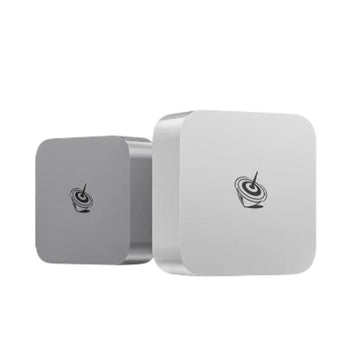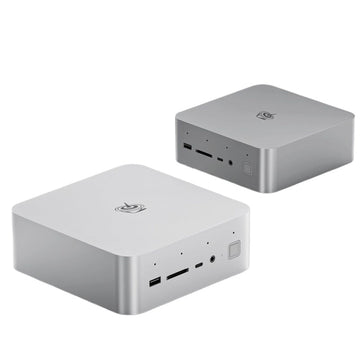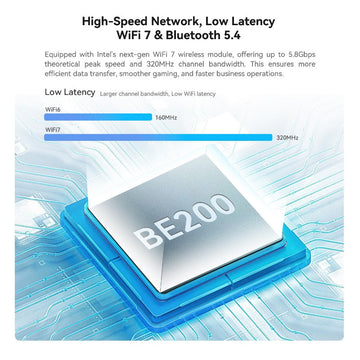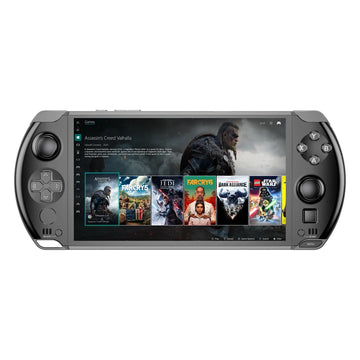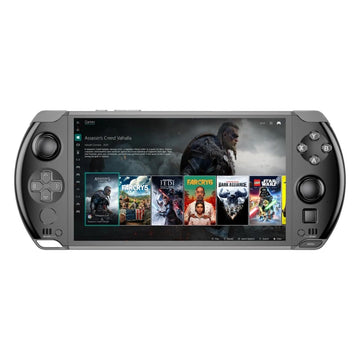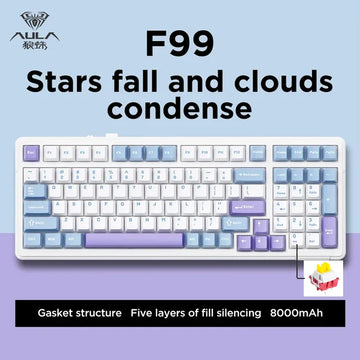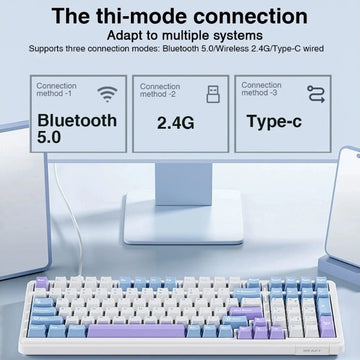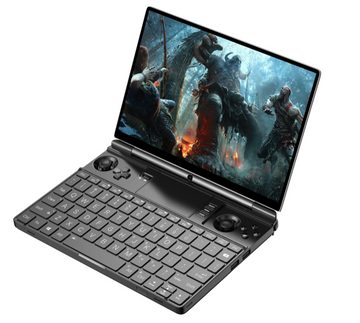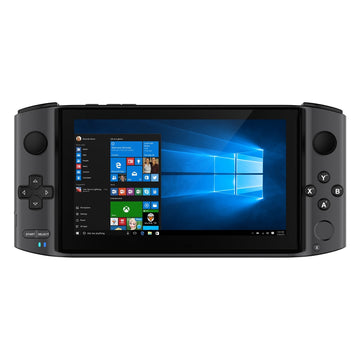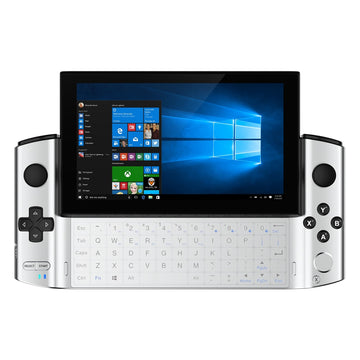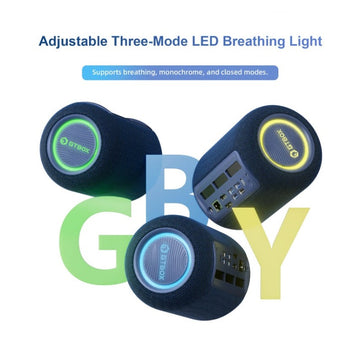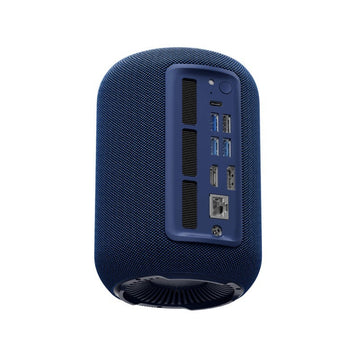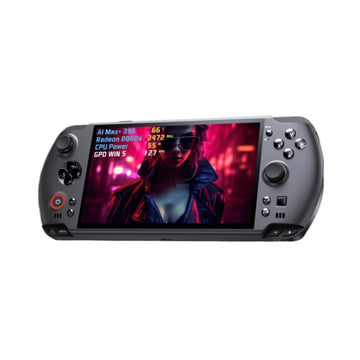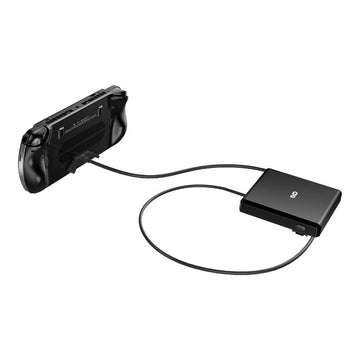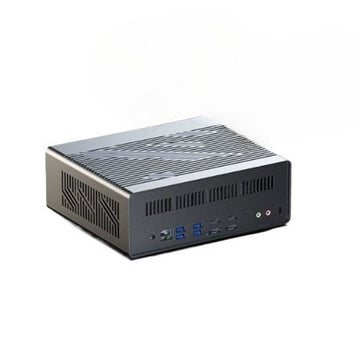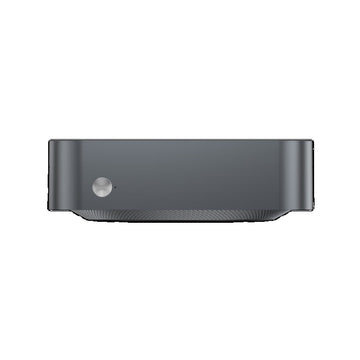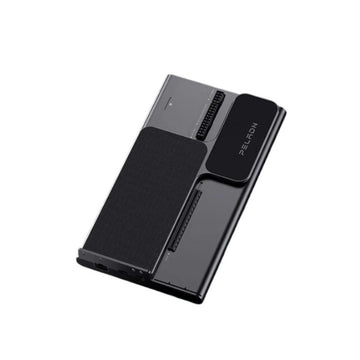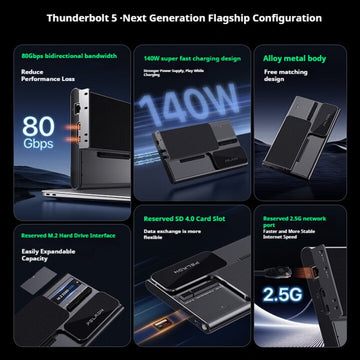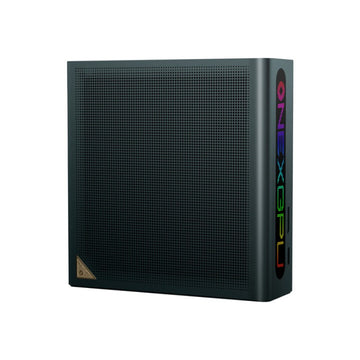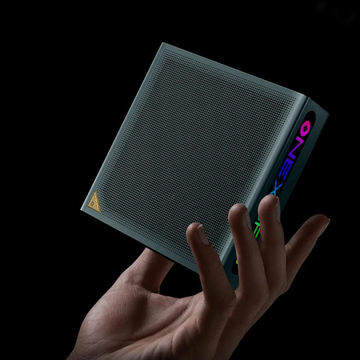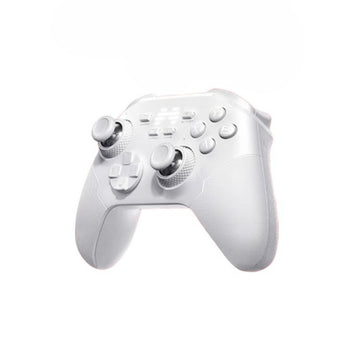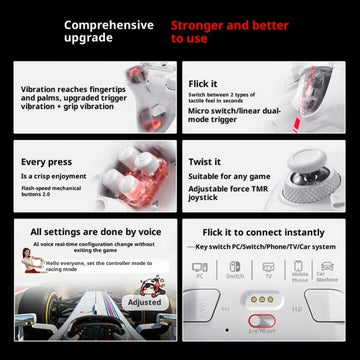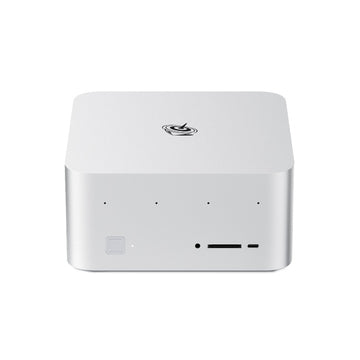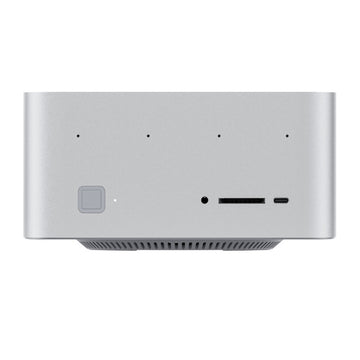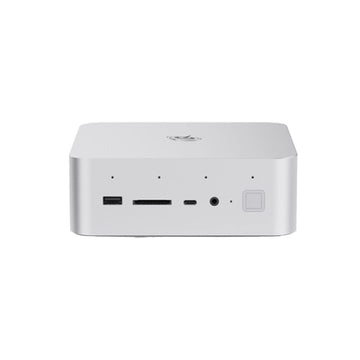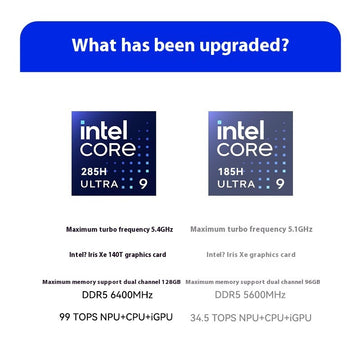Minisforum EM680 Mini PC Review: Powered by Ryzen 7 6800U
In the dynamic landscape of Mini PCs in 2023, one name stands out with undeniable prominence – the Minisforum EM680 from the esteemed Mercury family. Its resonance in the realm of compact computing is not a mere coincidence, for within its diminutive 0.25L frame lies the prowess of an AMD Ryzen 7 6800U processor. This amalgamation of power and size challenges the very principles of physics, akin to implanting a tiger's heart into the body of a kitten.
But what exactly does 0.25L signify? To grasp the significance, let us first disregard the realm of TV sticks and focus solely on the realm of Mini PCs. The contenders for the title of 'smallest' rest upon the shoulders of the GMK NucBox KB5 and the Morefine M6s, with measurements that culminate in a trifling 0.23L. These devices, though remarkable in their own right, harness the modest capabilities of the Celeron N5105 and N100 processors, offering an entry point into the realm of computing.
And then, a juxtaposition is brought forth – the Minisforum EM680, measuring a mere 80mm x 80mm x 40mm, encapsulating a volume of approximately 0.25L. It stands only slightly larger than its predecessors, the GMK NucBox KB5 and Morefine M6s. In a lateral contemplation alongside today's favored Mini PCs, the EM680 emerges as an awe-inspiring presence.
The expanse of a conventional MicroATX case occupies approximately 27L – a volume that could comfortably cradle numerous EM680 Mini PCs. In this era of condensed magnificence, we find ourselves gathered to explore the dimensions of the Minisforum EM680, an insignificantly sized entity that conceals an immensely potent performance. Join us in this review as we delve into the capabilities of this small yet profoundly influential Mini PC.
Unboxing
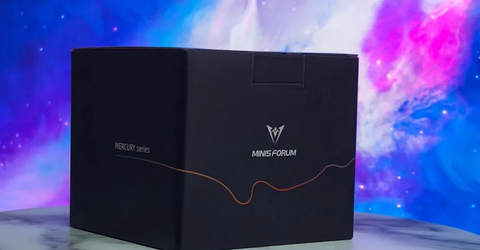
The packaging of the Minisforum EM680 immediately stands out due to its smaller size compared to its predecessors. The presence of the official Mercury series logo prominently displayed on the surface signifies a new level of sophistication. The exterior packaging not only conveys a sense of modernity but also primes the user for the premium experience that lies within.
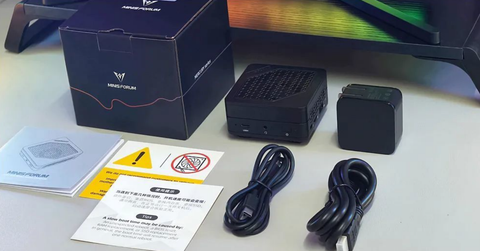
Upon unboxing, the contents of the package reflect the attention to detail that Minisforum has become known for. The package includes the EM680 Mini PC, a power adapter, a 1-meter-long charging cable featuring dual USB-C ports, a 1-meter-long HDMI video cable, a user manual, and two informative reminder cards. The comprehensive selection of accessories ensures that users are equipped to optimize the EM680's capabilities from the outset.
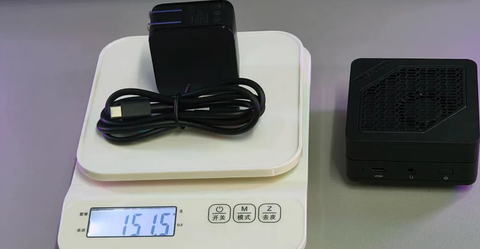
A notable highlight is the inclusion of a standard 65W GaN (Gallium Nitride) adapter plug that serves as a core component of the package. The adapter's compact form factor allows it to be conveniently folded, adding to the portability of the entire setup. The adapter itself weighs a mere 125.5g, and with the charging cable, the combined weight is 151.5g. This adherence to lightweight design principles reinforces the EM680's status as a true portable powerhouse.
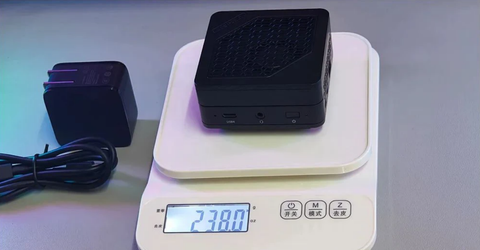
The Minisforum EM680 Mini PC boasts a remarkable weight of just 238g. This lightweight build is a testament to Minisforum's commitment to pushing the boundaries of extreme performance within a compact form factor. Despite its diminutive size, the EM680 is poised to deliver a performance that belies its weight, making it a versatile choice for both office tasks and entertainment.
Design and Appearance
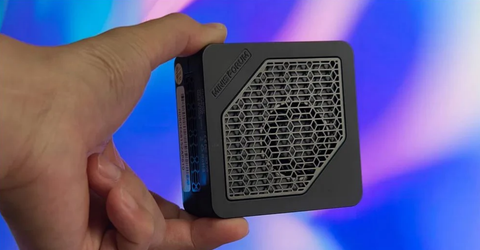
The Minisforum EM680 enters the scene with a compact plastic body that exudes a delicate frosted finish. While this design choice adds a touch of elegance, it also raises concerns about fingerprints and oil smudges on the surface. A call for a silver variant resonates with the hope for improved aesthetics and reduced fingerprint hassle. This review delves into the EM680's features, dimensions, connectivity prowess, and design trade-offs.
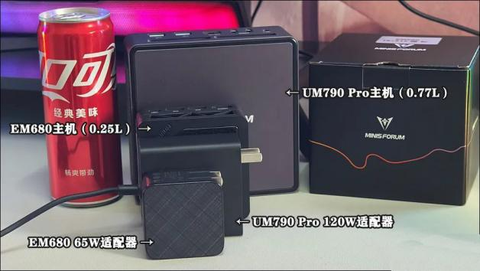
At a mere 0.25L, the EM680 stakes its claim as a miniature PC that can be cradled in the palm of your hand. Its surface area accommodates just four Ferrero Rocher chocolates, leaving no room for an extra piece. For perspective, this diminutive PC possesses only half the surface area of a 6.8-inch smartphone. In comparison to the Rescuer 135W adapter, the EM680's footprint extends just beyond the adapter's circular shape. Side by side with its larger sibling, the UM790 Pro Mini PC, and the latter's 120W power adapter, the EM680's compactness becomes strikingly evident.
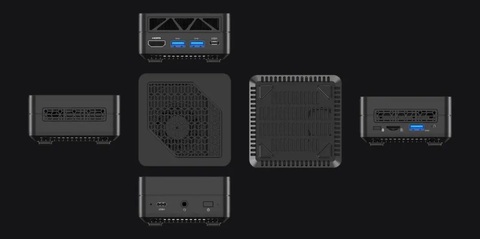
The EM680 defies its size with a connectivity array that outperforms many slim laptops. The front panel PCs a feature-rich USB4 port, a headphone jack, and a power switch. The left side introduces security lock holes, a MicroSD card reader, USB-A 3.2 Gen2, and a CMOS reset hole. Flipping to the rear reveals an HDMI port, two USB-A 3.2 Gen2 ports, and a second full-featured USB4. The EM680's capability to drive three displays concurrently, including the 16-inch all-rounders, stands as an envy-inducing feature.
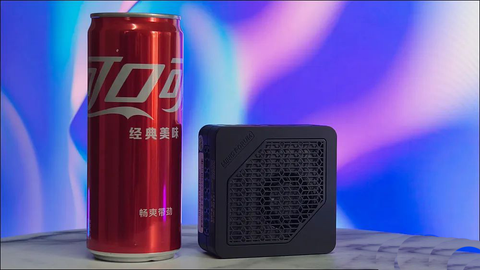
Efficient airflow management is pivotal within the EM680's compact confines. Strategically placed windows on the sides and top cover facilitate optimal internal air circulation. These openings are adorned with lattice-style decorative grilles, channeling heat through the rear vents. This thermal design ensures effective heat dissipation, contributing to the PC's overall performance stability.
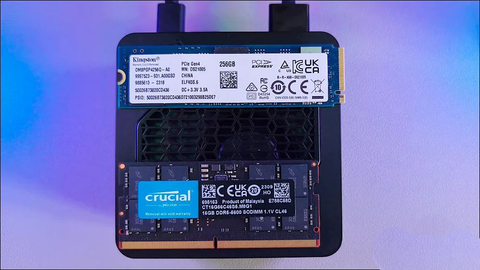
As an embodiment of lightweight perfection, the EM680 does necessitate certain trade-offs. Notably absent is an RJ45 network port, a decision made in favor of preserving its sleek profile. Additionally, the EM680 employs onboard memory and exclusively supports 2230 specifications for its built-in SSD. The design constraints become evident, as accommodating an RJ45 port, memory slots, or a 2280 M.2 SSD within the limited 80mm width and length proves impractical.
Disassembly
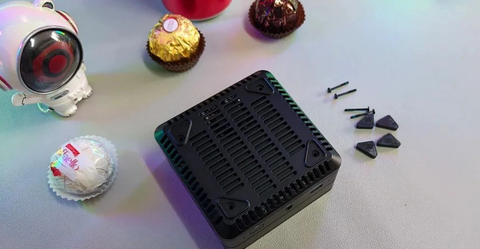
To access the internal components of the EM680, a meticulous disassembly process is required. The first step involves removing the bottom cover, achieved by carefully detaching four-foot pads and subsequently unscrewing four fixed screws. The bottom cover can then be gently pried off using minimal force, revealing the inner components.
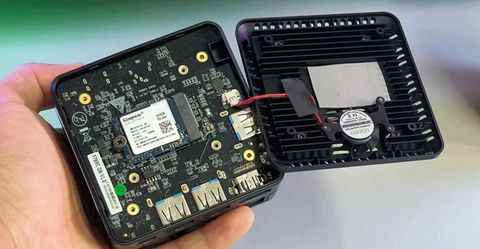
Efficient heat dissipation is critical for maintaining optimal performance in small form-factor devices. The EM680 tackles this challenge with a multi-faceted approach. Notably, it incorporates a substantial heat sink, heat-conducting silicone stickers, and a cooling fan on the bottom cover's inner layer. This comprehensive cooling setup is seamlessly connected to the motherboard through a cable. During the disassembly process, users are cautioned to handle the components delicately to prevent any damage to the connecting cable.
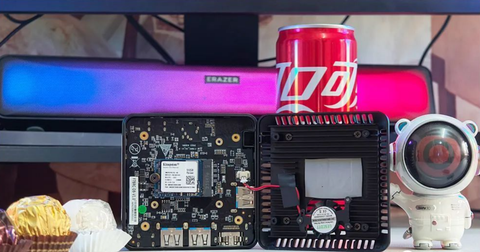
A standout feature of the EM680 is its meticulous utilization of space. The interior layout showcases the significance of every inch of available room. This consideration is particularly evident in the networking capabilities of the device. The built-in Intel AX210 Wi-Fi 6E wireless network card ensures rapid wireless connectivity. Notably, the review also explores the potential trade-offs in choosing between onboard network ports and other interfaces, emphasizing the user's decision in allocating resources.
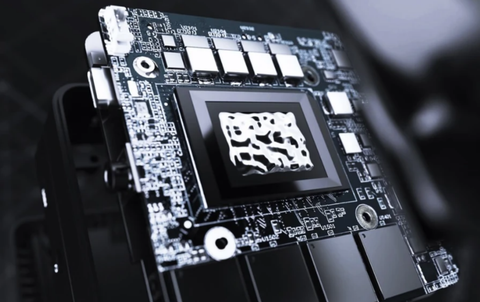
The review also underlines the significance of thermal management, particularly in high-end processors housed within a diminutive enclosure. Minisforum addresses this concern by introducing a proprietary liquid gold heat dissipation design. This family-specific innovation is achieved through patented liquid gold packaging technology, providing a competitive edge and distinctive capability that sets Minisforum's Mini PCs apart from their counterparts.
Power Efficiency, Noise, Heat, and Performance
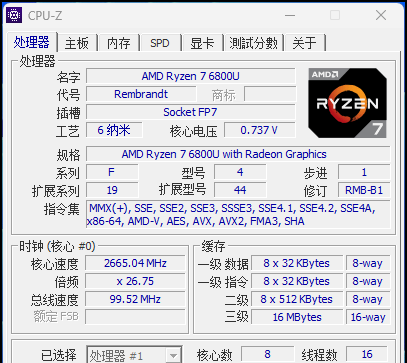
In the ever-evolving landscape of mini PCs, the Minisforum EM680 has garnered significant attention, particularly due to its integration of the Ryzen 7 6800U processor. This review delves into key aspects such as power consumption, noise levels, heat dissipation, and actual performance of the EM680, shedding light on its capabilities within a compact form factor.
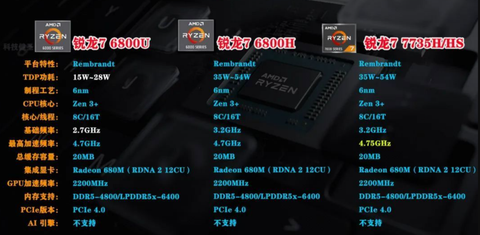
The heart of the Minisforum EM680 is the Ryzen 7 6800U processor, akin to the low-power version of the Ryzen 7 7735H. Employing TSMC's 6nm process technology and Zen 3+ microarchitecture, the processor boasts an RDNA 2 architecture core display and a 20MB L2+L3 cache. Notably, the base frequency of the 6800U is set at 2.7GHz, differentiating it from its counterparts.
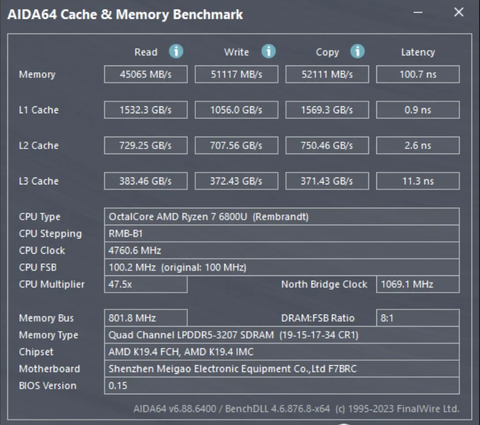
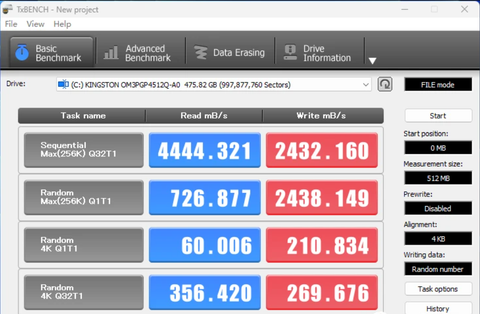
Standard equipped with 16GB LPDDR5 6400 memory and a 512GB PCIe 4.0 SSD from Kingston, the Minisforum EM680 showcases commendable memory and storage performance. Benchmarks reveal a robust performance for such a diminutive system, providing users with satisfactory capabilities.
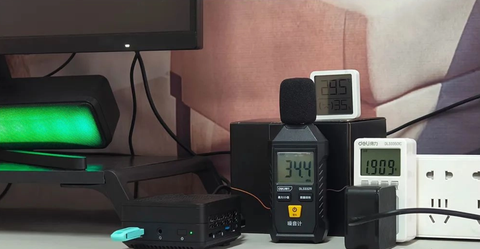
The Minisforum EM680 operates in various states with differing power consumption and noise levels. In its sleep state, the entire machine consumes less than 2W of power, emitting minimal noise, almost indistinguishable from environmental background noise.
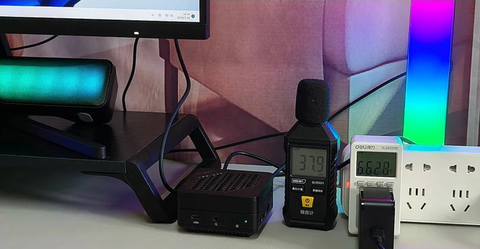
Upon entering the standby state within the system, the overall power consumption hovers between 6W to 8W, representing a power-efficient mode. Noise remains at a subtle level, measuring around 37 decibels adjacent to the Mini PC.
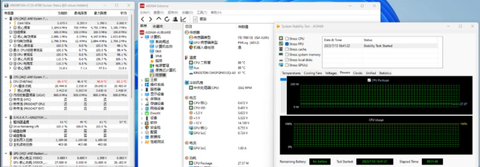
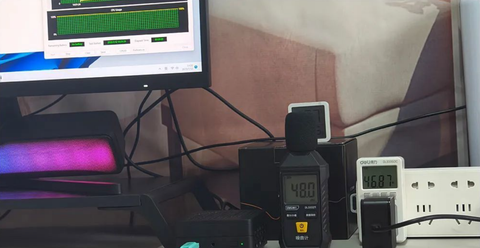
Running a long-term FPU benchmarking machine test using AIDA64 at a room temperature of 28 degrees Celsius, the Minisforum EM680's power consumption fluctuates between 26W and 29W. The central processing unit's frequency remains steady at approximately 3.2GHz, and the temperature varies around 90 degrees Celsius. Concurrently, noise levels elevate to about 48 decibels.
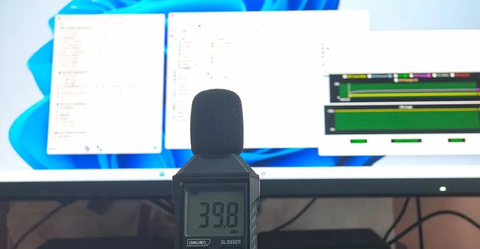
During periods of intense processing, such as gaming, the power consumption during AAA games sessions ranges between 25W and 40W, dependent on the load. Noise levels next to the Mini PC also drop to under 40 decibels, significantly lower than that experienced during FPU benchmarking.
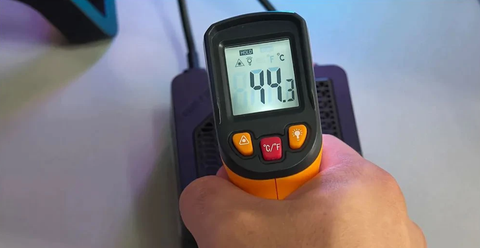
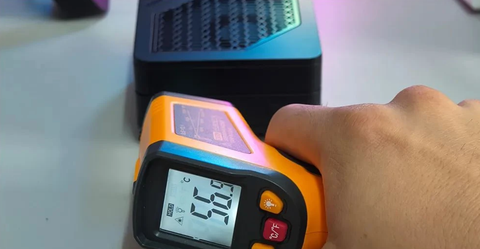
Throughout prolonged usage and stress tests, the top cover of the Minisforum EM680 registers a peak temperature near the rear cooling air outlet at around 44 degrees Celsius. The upper side of the casing reaches a maximum of 56 degrees Celsius. However, the temperature increase is less noticeable due to the Mini PC's physical distance, resulting in no tangible hotspots on the casing that would affect user comfort during work or gaming sessions.
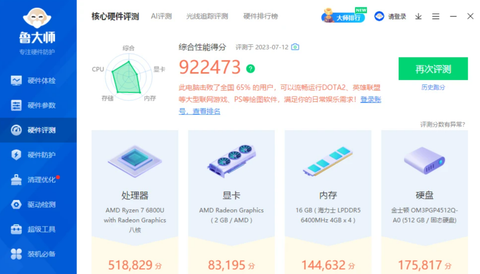
Benchmarking the EM680 yields promising results. The device achieves a Master Lu's score of 920,000 points, outperforming a significant portion of users nationally.
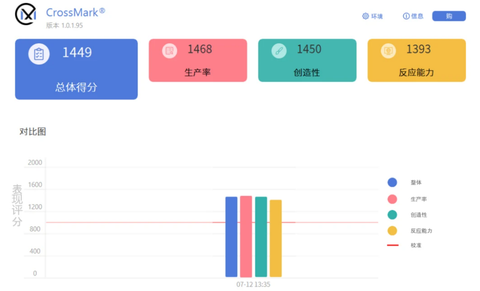
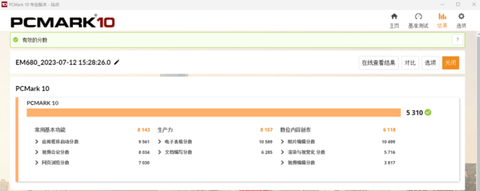
In the modern office test of PCMark10, the total score is 5310 points. In the CrossMark test, the overall score is 1449, which means that this 0.25L Mini PC also has a mainstream level of productivity.
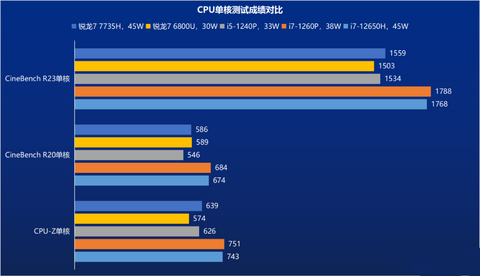
Through the comparative test of CPU-Z and CineBench, the CPU single-core performance of Minisforum EM680 is similar to that of the 12th generation Core i5-1240P, CPU-Z is slightly lower, R20 is slightly higher, and R23 is basically the same.
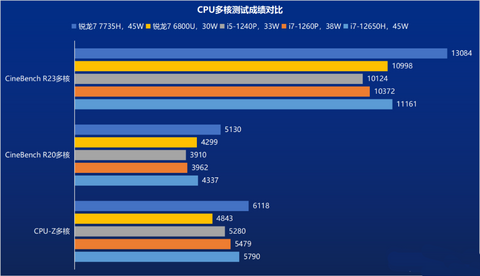
In terms of CPU multi-core performance, the CPU-Z running score of Minisforum EM680 is slightly lower than i5-1240P, but it can overtake i7-1260P in the CineBench test. I believe this performance is enough to satisfy everyone.
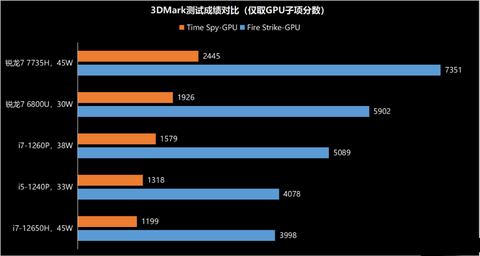
The core competitiveness of the Ryzen 7 6800U is naturally its integrated Radeon 680M core display. The GPU sub-item score of 3DMark is significantly ahead of the Iris Xe 96, but it still cannot beat its own Ryzen 7 7735H.
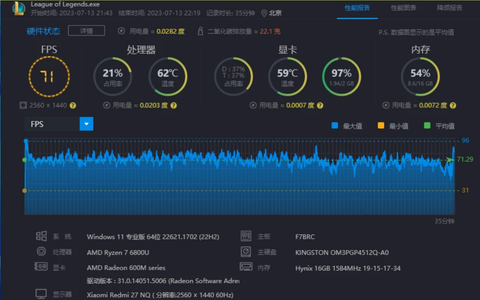
In the game test session, "League of Legends", 2K resolution, the highest quality, after one game, the average frame rate of Minisforum EM680 is 71FPS, the highest frame rate is 96FPS, and the lowest frame rate is 31FPS.
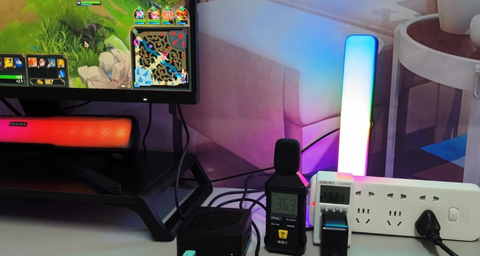
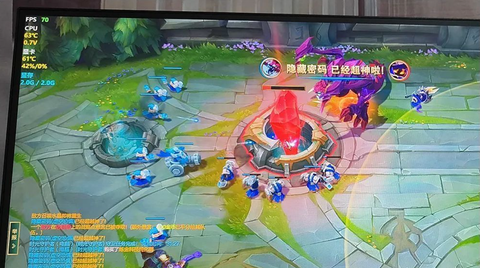
This score is a bit low for the Ryzen 7 6800U. The reason is also very simple. When running LOL, the power consumption of the EM680 is only 20W~25W. At this time, the CPU temperature is as low as 60 degrees. Even if the monitor is placed next to the host, there is only 36~38 decibels of noise, and the processor has no noise at all.
In the actual measurement of AAA games, the resolution is set at 1080P. The average frame rate of "Far Cry: New Dawn" in high quality is 22FPS, and it can be adjusted to 25FPS in low quality.
The average frame rate of "Assassin's Creed: Odyssey" in high quality is 24FPS, and it can be increased to 32FPS when adjusted to low quality.
"Shadow of the Tomb Raider" has an average frame rate of 27FPS in high quality, and it can be increased to 33FPS when adjusted to low quality.
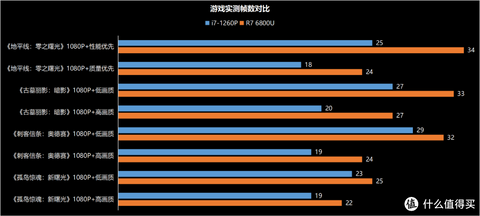
The average frame rate of "Horizon: Zero Dawn" is 24FPS under quality priority, and it can be increased to 34FPS when adjusted to performance priority.
Judging from 3DMark and game tests, Minisforum EM680 will limit the power consumption output when the GPU load increases, so as to obtain lower heat and noise. Therefore, the 3D performance is better than that of the 7735H and other standard-pressure processors with the same core display. decline. However, considering the small size of the EM680, this conservative scheduling strategy is also understandable , and even so, its measured game frame rate is higher than that of the 12th generation Core i7-1260P platform host. It can still challenge the vast majority of AAA games.
Conclusion
In conclusion, the Minisforum EM680 has proven itself to be a true exemplar of high-performance computing within its miniature form factor. With its diminutive 0.25L chassis, it stands tall among even the lightest contenders in the market, such as the Xiaomi Mini PC. Unlike its similarly sized counterparts like the GMK NucboxKB5, Morefine M6s, and Morefine M8s, which struggle with demanding workloads and gaming tasks due to their less capable processors, the EM680 emerges as a powerhouse.
Undoubtedly, the Minisforum EM680 caters to a niche audience seeking the optimal balance of compactness and performance. However, it's important to acknowledge that while it excels in these aspects, it does fall short in terms of expandability options. As such, its ideal users are those who prioritize portability and performance over the potential for future upgrades and expansions. For those seeking a more comprehensive Mini PC experience with a broader range of capabilities, alternatives like Minisforum's UM773 and UM790 Pro might be better suited.
Currently available in pre-configured packages of 16GB+512GB, 32GB+512GB, and 32GB+1TB, priced at $380, $450, and $480 respectively, the EM680 caters to a variety of user preferences and budgets. While the entry-level model would suffice for most users, those with a more flexible budget might consider opting for the mid-tier configurations. Furthermore, future potential upgrades can be explored, particularly when the cost of higher-capacity 2230 specification hard drives becomes more affordable.
In essence, the Minisforum EM680 stands as a testament to the possibilities of compact yet potent computing. Its fusion of size and power will undoubtedly resonate with users who prioritize exceptional performance in a small form factor, provided they are content with its limited expansion potential.

